Former Spitfire Audio CEO Will Evans on new music tech company Song Athletics: "We’re making tools for music-makers, but coming from a place of having a broader interest in sound and the love of music and recording"
Since launching in 2023, Song Athletics has released sample packs, a plugin and even a coffee range - but where is the brand headed next?
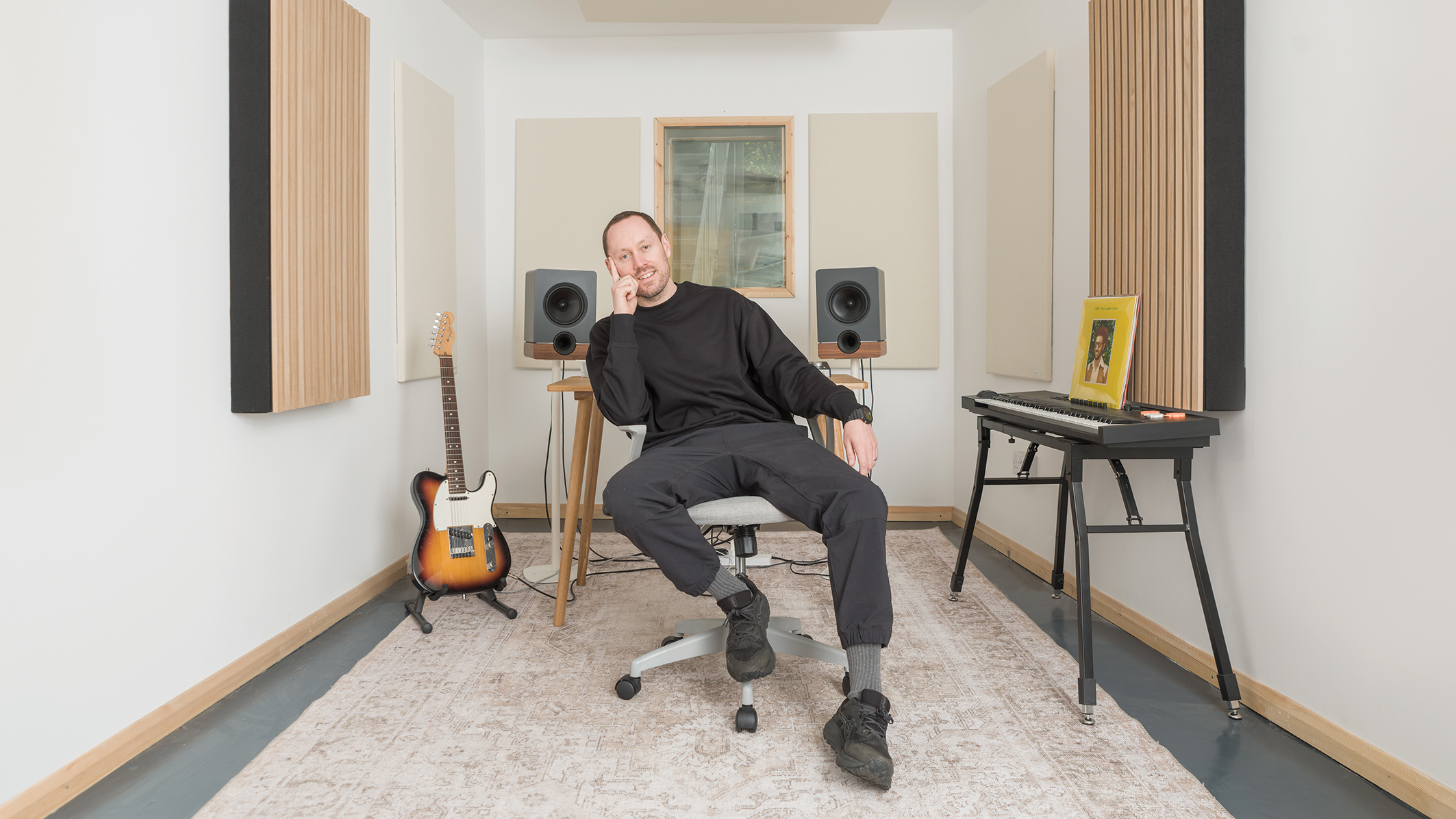
On the heels of a flurry of impeccably recorded sample pack releases, newly-founded music tech brand Song Athletics’ ongoing aim is to enrich artistic expression in a broader music production sense. To that end, it’s even co-branded a coffee range.
We caught up with Song Athletics CEO and former Spitfire Audio head Will Evans to find out more.
Firstly, what prompted you to start Song Athletics. Was it driven by things you’d observed or that you wanted to do in the industry?
WE: “It was a decision to create the music tech company that I’ve always wanted. That’s no slight on any of the companies I’d worked at before [Will is the former CEO of Spitfire Audio] I suppose, having had the experience of working at a range of music tech companies, then having my own specific taste and area of interest. It was just really tempting and exciting to make a company that talks to the people that I’m most excited about talking to. Song Athletics is about delivering products, experiences and content for people like me.
Primarily, we’re making tools for music-makers, but coming from a place of having a broader interest in sound and the love of music and recording
“Those people I’d broadly categorise as fans of alternative music, who are interested in not just the music and its alternative-ness but a broader interest in sound, gear and the world of sound. We’re talking studios, analogue gear and all that stuff, but also laptops and computing. Hi-fi playback, vinyl recordings. I love all that stuff, and I don’t really wear different hats whether I’m being a music-maker or a DJ or a record buyer. For me, it’s all the same thing; Song Athletics reflects that. Primarily, we’re making tools for music-makers, but coming from a place of having a broader interest in sound and the love of music and recording.”
It seems that ‘culture’ is a big watchword for Song Athletics, going beyond simply being a sample-making house or software company…
“It’s important that we have both a deep understanding and appreciation of artistry. We’re not about sonics for the sake of sonics, refining a sound because sound A is better than sound B. This is about having a foundational appreciation of what makes original and distinctive artwork in the form of music. My background in labels and A&R has given me the knowledge that the technology behind the music-making is just a tiny sliver of the whole pie.
Get the MusicRadar Newsletter
Want all the hottest music and gear news, reviews, deals, features and more, direct to your inbox? Sign up here.
“To make great records, the biggest part of the pie is the artistry. What needs to be done to inspire artists, what needs to be done to help create that magic that will go towards something distinctive. That’s less about making tools for refinement, which aren’t interested in what the content is that you’re working on.”
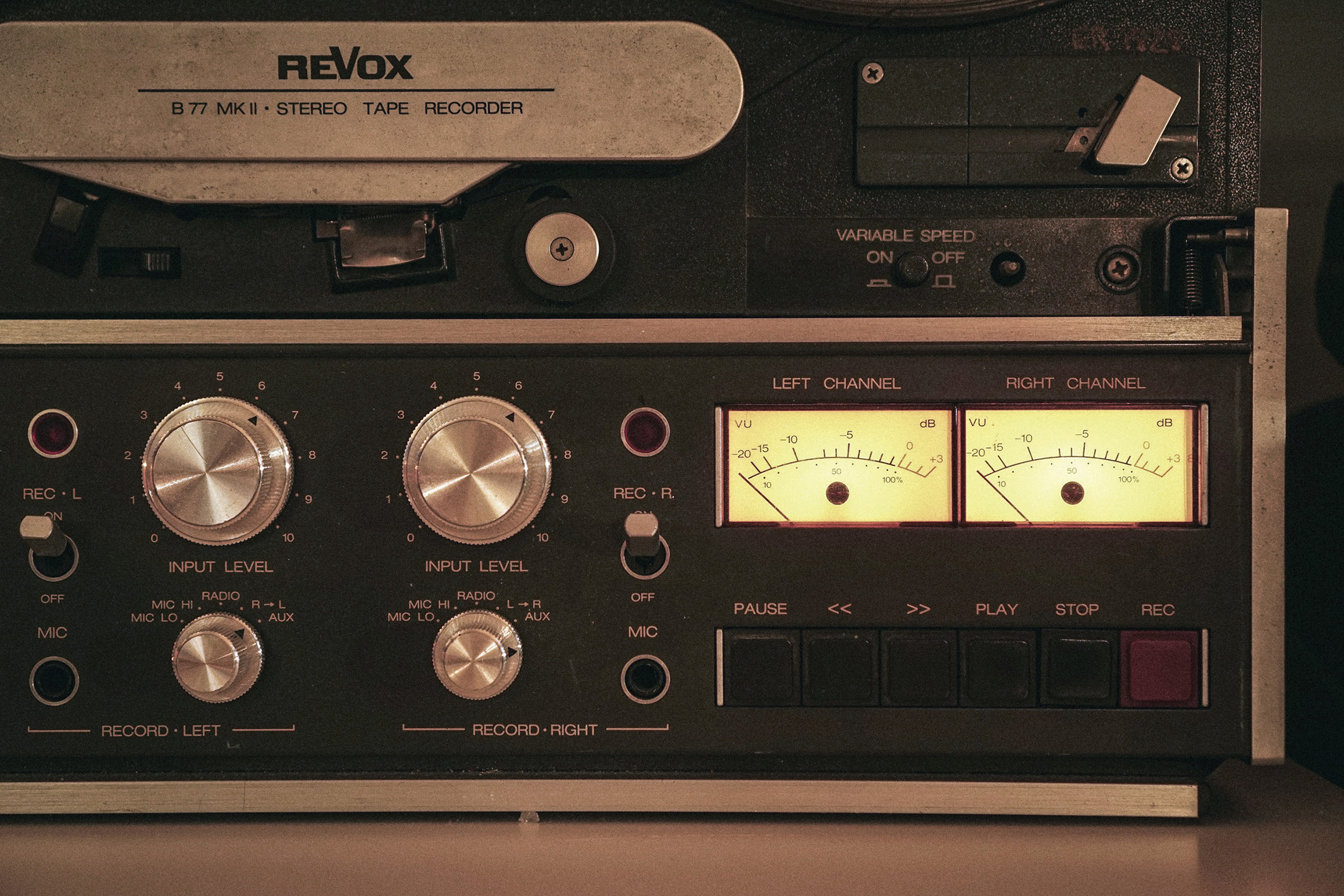
Prior to releasing OSS, your first plugin, you launched with the Some Drums and AmBient sample libraries. Why were these first? And do they, in a sense, define a couple of the core strands of Song Athletics?
“Because I want the business to be very long-term, I wanted to stagger what we release in terms of complexity. I didn’t want to go all-out with some mega-product as product 1. It’s about introducing the brand, doing some small things, then building up over time as we become more comfortable with who our customers are. I wanted to start with sample packs.
“Drum samples are unanimously craved for, and people can’t get enough of them. It just so happened that I’d come across Empire Sound and seen photographs of it. I just felt like we had to go in there and capture a great drummer doing something a bit more idiosyncratic and different. I had Marc Pell, who is my friend and one of the most amazing, idiosyncratic drummers on the circuit at the moment. That just felt like a natural starting point. Through that we could convey our ethos as well, because we had this really great studio and could record things properly.
It’s just amazing how very quickly you can create the core of some very distinctive and interesting sounding music
“That’s a really big part of Song Athletics: operating at a studio-grade quality. We go to the place and hire the people. AmBient was really just a continuation of that thinking. It’s the first, more melodic product; a counterpart to Some Drums. I think that’s a good format, to ping-pong between drums and melodic stuff. We’ve got many more products coming, and we’ve got lots of samples on our hard drive.
“I love to throw them all at a session. It’s just amazing how very quickly you can create the core of some very distinctive and interesting sounding music. I do think these samples sound a bit different. I’ve guided them away from the stuff you can get on traditional services. It’s all a bit more left-field, weird and that’s what we’re trying to offer.”
Do you think there’s a growing appeal for the angle you’re taking, leaning into the more unorthodox approaches?
“There’s a world that takes the best of the weird, and incorporates that stuff into the biggest pop records on Earth. Loads of West Coast producers and artists draw from the underground in London and Europe. Where you see the likes of people like Travis Scott, James Blake, A$AP Rocky, Drake etc: big pop names, but their producers will borrow and pull in a lot of the weirdest stuff from over here to give a distinctive sound and feel.
“That’s been a long-known strand. It’s a relative niche, but it’s one that I’m super excited about. The reason I love that is because it gets us, in our bedrooms or wherever we are, to think ‘this is really weird, niche and peculiar’, but it could be picked up and used as the bed of massive pop tracks.”
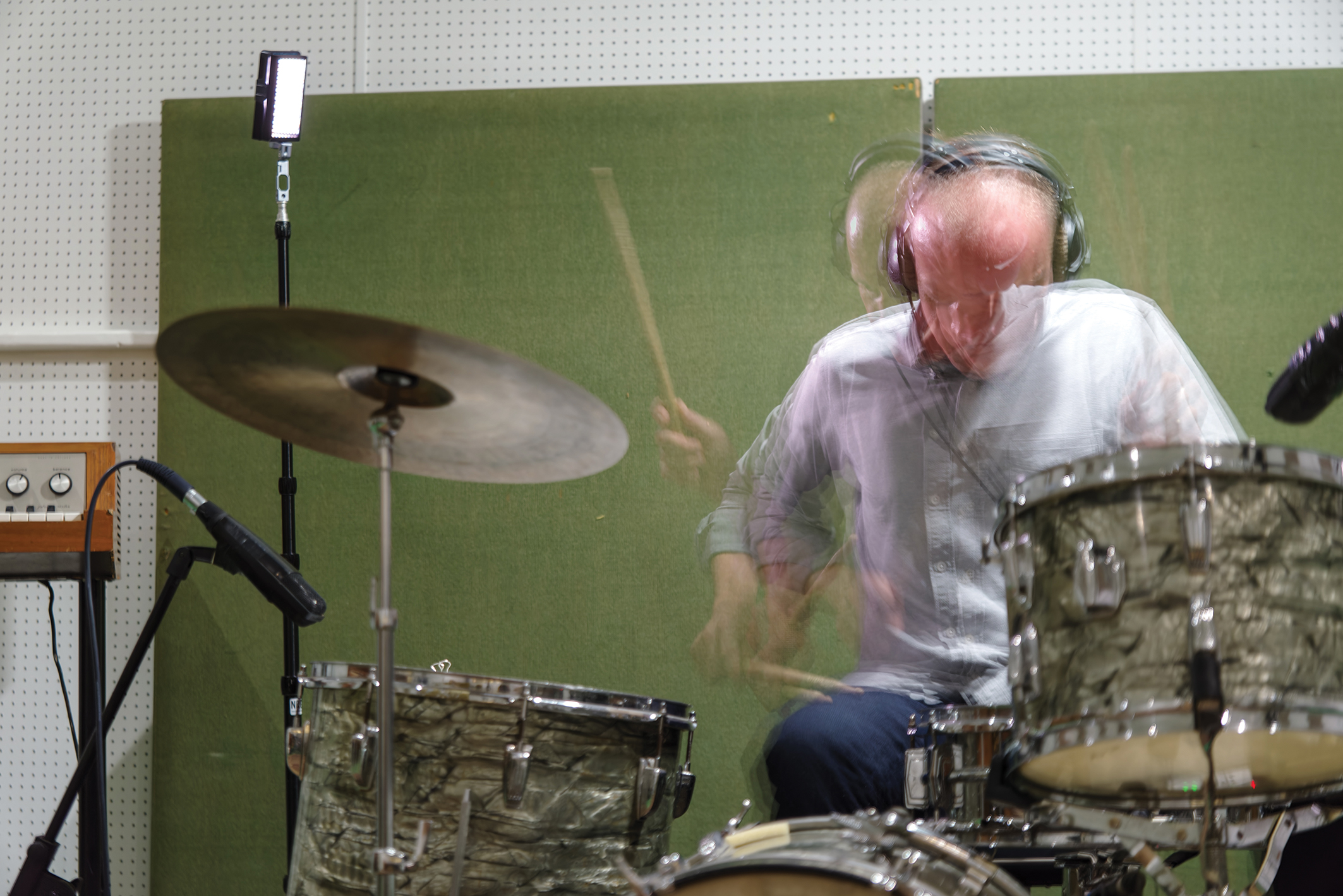
Excitingly, the SRM Sounds venture feeds into what you’re doing at Song Athletics, but has a more virtual instrument flavour to it. Can you talk us through your partnership with Max Richter, and how your relationship with him works?
“I think Max is someone [who] is an artist first and foremost. His own original music is what leads the charge and is so amazing. Then he also happens to do these other big film scores and collaborative projects and things like that. I’ve been a huge fan of his for ages, and see him as a real contemporary beacon for artistry.
“My background is in virtual instruments, so SRM Sounds was a way of coming together with Max as an outlet for all these virtual instrument ideas that he’s got. He’s got this incredible studio over in the Cotswolds, tons and tons of ideas for products. We’re going to be spending a lot of time working on those and releasing them as instruments under SRM Sounds. There’s no shortage of ideas or capabilities because he has this amazing space.”
I’ve always had a record label and have always worked for companies who just make lots of products. It’s what I like to do. We’re just going to keep making them
How many people are on the Song Athletics team currently?
“It’s just me and a band of extraordinary friends and collaborators. Everyone in the team is also working on other pretty big creative projects. Our webmaster runs a renowned label in Scotland. The person who helps me out with samples works with a global pop star. Our designer is also a successful creative designer who lectures and has big clients all over the place.
“It’s a distributed team of collaborators, for now. I see us just continuing to make products. I’ve always had a record label and have always worked for companies who just make lots of products. It’s what I like to do. We’re just going to keep making them.”
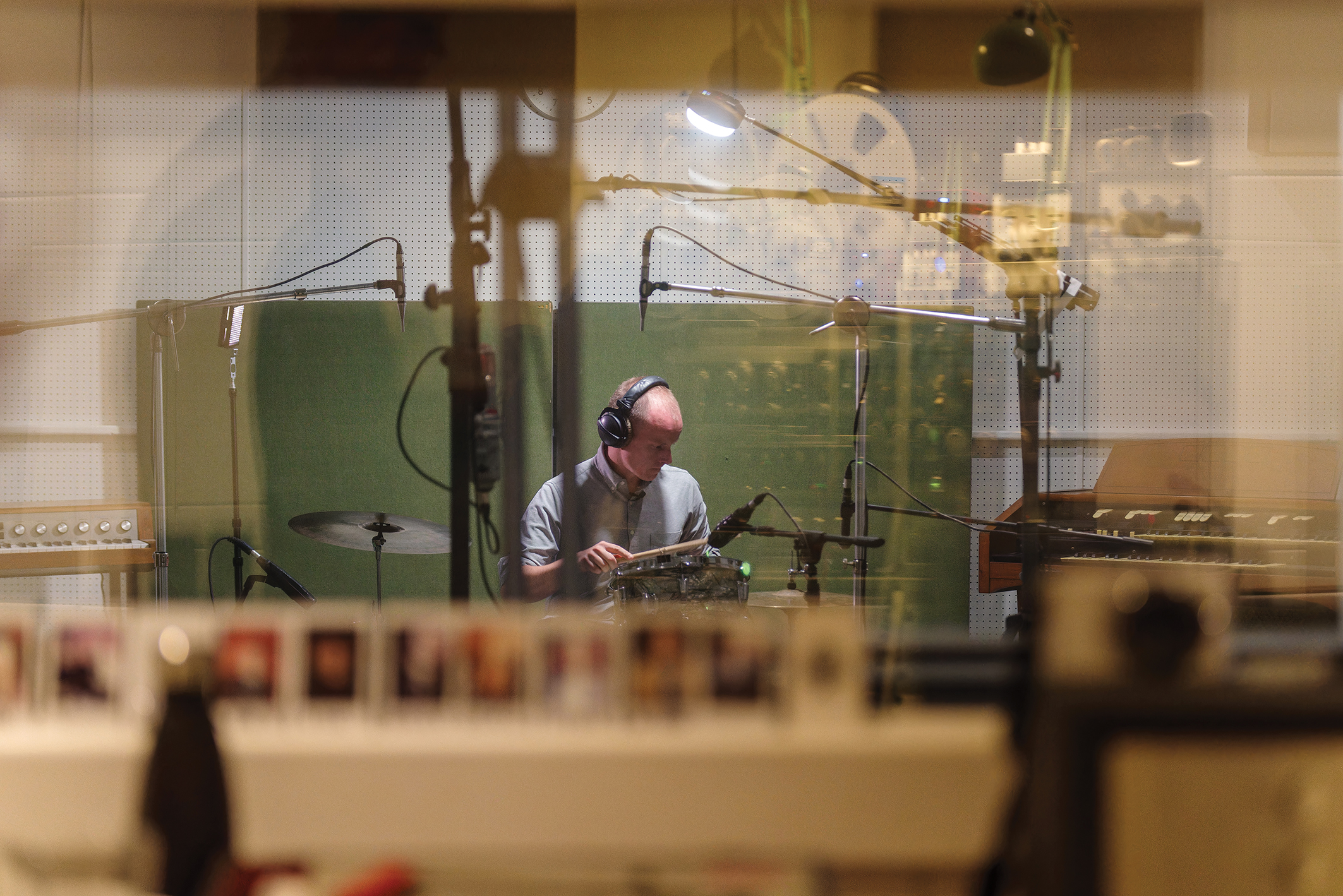
You’ve stressed that you want your products to be simple and refined; do you think that a lot of music production software/sample instruments etc are often overly-complicated, deterring people from venturing too deeply into music production?
“Yeah, I think there is a load of complicated stuff out there. Even myself, after being involved in making music for a long time now (over 20 years!) still find it quite remarkable that some products require such a high learning curve. It’s not that I’m against that. If you’re a product developer and want to make things that are feature-rich and complex, then fine – that’s your choice. I just know that how I – and lots of friends and artists who I’ve worked with – approach making music is about immediacy and simplicity. Something that gets sonically exciting very quickly.
“When it comes to making the tools for those sounds, it just strikes me [as good] to have fewer controls and have the software help you get to that sound quickly. We’re building plugins right now, and they’re going to be very light in terms of menus and controls – it’s about doing one or two jobs quickly and simply so that there’s a faster time between ideation and capturing it. That’s what the simplicity is all about. When you actually watch some of these big producers at work, the creative part is typically very fast.
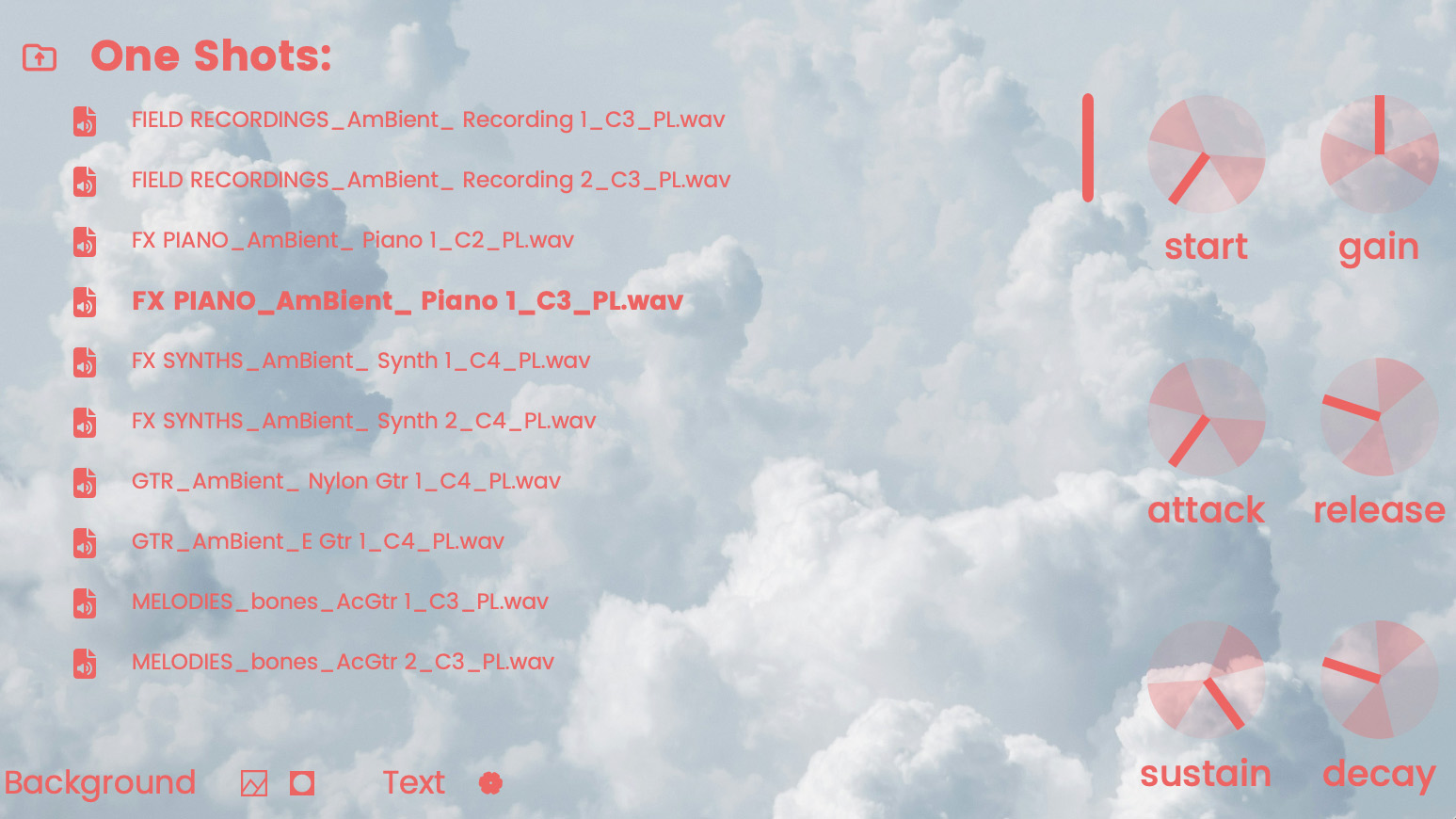
“There can be this illusion that big producers are meticulous and it’s all expensive gear, and everything is carefully EQ’d. But it’s not; people throw samples at things. Artists turn up for the 20 minutes they might be there in the day. They throw something down and then get on their way. But when these people are very good the music ends up being very good.
“The refinement happens after – it’s a separate process. Those of us who have done bedroom producing for a long time, had the luxury of being able to fine-tune a melody with filters and EQs. But the bigger you go, the more that creative aspect is captured very quickly. We’re like the front-bit of that. Go and make a big creative mess! Tidy it up later.”
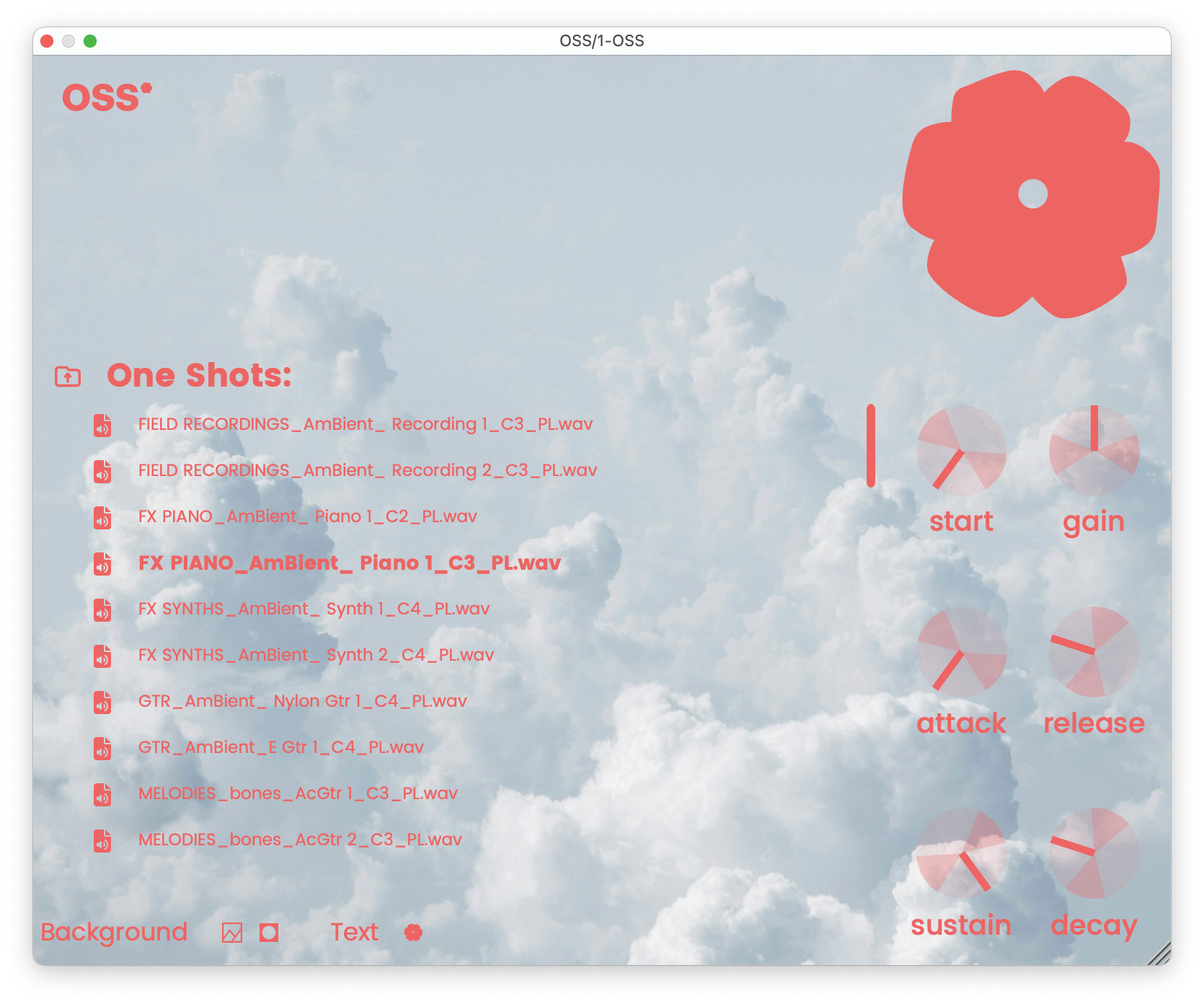
We should also mention the Yum Studio Brew – a superb coffee you’ve co-created that aims to encourage productivity and creativity in the studio. This comes out of your ‘Research Center’ division. What motivated that?
“Well, the Research Center is like our R&D wing, it’s where we can test out theories, ideas and products that aren’t fully thought-out. It’s our experimentation zone. It’s where we can collaborate with other people who are doing other things. Coffee is something that I love a lot and I’ve seen over the years that it’s often a core element of studio sessions. Especially like a big room session, one of the most immediate things that’s uttered is ‘would anybody like coffee?’.
“Ultimately what Yum Studio Brew is, is an attempt to marry that studio situation with really good roasting and the actual artisanal side of coffee-making. It’s an optimised studio brew. In a typical session you’d drink a lot of coffee, from a pot, and from a taste point of view, it’s nice to not have that be too overwhelming. It needed to be something you can keep coming back to, something flavoursome and enjoyable. It’s quite soft and tasty. There’s a good video compilation of Dave Grohl on YouTube, screaming ‘Fresh Pots!’ at various sessions – a callout for someone to brew another pot of coffee. It’s so essential. We’ve had some people ask ‘when are you going to do the tea?’ So… we’ll see.
“Beyond the coffee, we’ve got another few projects on the go. Next up we’ve got some USB sticks which sport our logo. They’re going to be filled with special samples that you can only get in person. The idea being to encourage human interaction. If people see them, it becomes something that they’d go and grab for themselves. We’ve also got a few modular experiments going on too.”
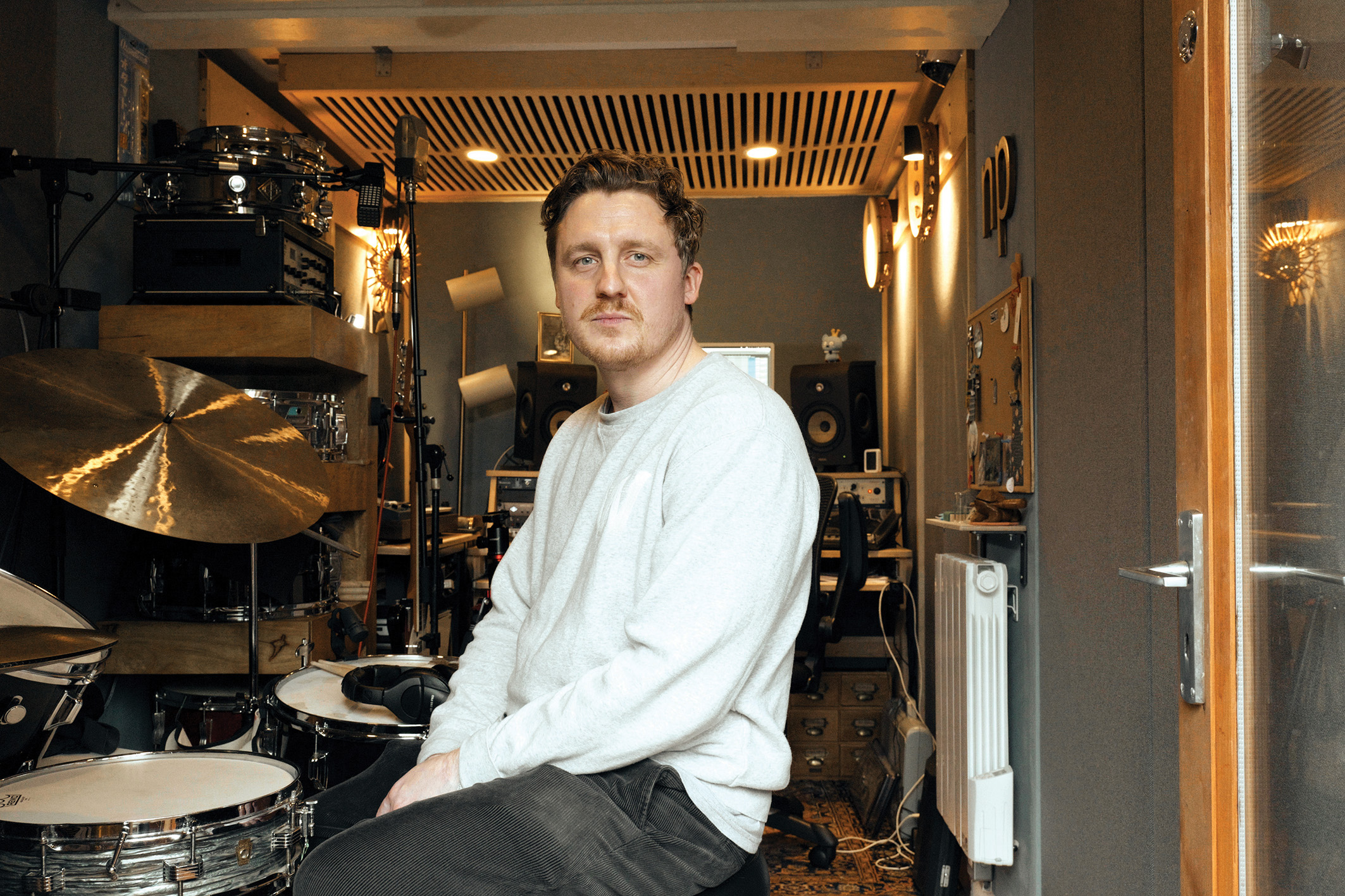
What’s coming up next on the agenda for you guys? And can you give us any hints or indications as to what we might look forward to seeing from you later in 2024?
“Our latest sample library is a sample pack called Sloppy Drums. This was made with a guy called Chris Boot, it’s inspired by J Dilla and Madlib. It’s all kind of loose behind the beat type drums. We’ve got three or four more – including a big one that we’ve been working on for a long time. But we’ll keep that under wraps for now. It’s basically a ‘super’ sample pack.
“I had five collaborators work with me on it. It’ll be our flagship sample pack that will be coming very soon. The first plugin we’re working on is called ‘OSS’ [which was released shortly after this interview was conducted. Ed]. It’s a one-shot sampler. The idea behind it is that it allows you to simply find your one-shots and then navigate through them really quickly like presets on a synth.
“You can customise the background of it too, you can drop an image into it and personalise it. I’ve got some ideas about how artists might use it in future. It’s £40. Down the line, there’ll be our first Song Athletics virtual instrument, which is separate to what we’re working on with Max at SRM Sound.”



I'm the Music-Making Editor of MusicRadar, and I am keen to explore the stories that affect all music-makers - whether they're just starting or are at an advanced level. I write, commission and edit content around the wider world of music creation, as well as penning deep-dives into the essentials of production, genre and theory. As the former editor of Computer Music, I aim to bring the same knowledge and experience that underpinned that magazine to the editorial I write, but I'm very eager to engage with new and emerging writers to cover the topics that resonate with them. My career has included editing MusicTech magazine and website, consulting on SEO/editorial practice and writing about music-making and listening for titles such as NME, Classic Pop, Audio Media International, Guitar.com and Uncut. When I'm not writing about music, I'm making it. I release tracks under the name ALP.
“The included sample content is not only unique but sonically amazing, as it always was”: Spitfire Audio BBC Radiophonic Workshop review
“We were able to fire up a bass sound that was indistinguishable from the flavour of New Order’s Blue Monday in seconds”: EastWest Sounds Iconic review









